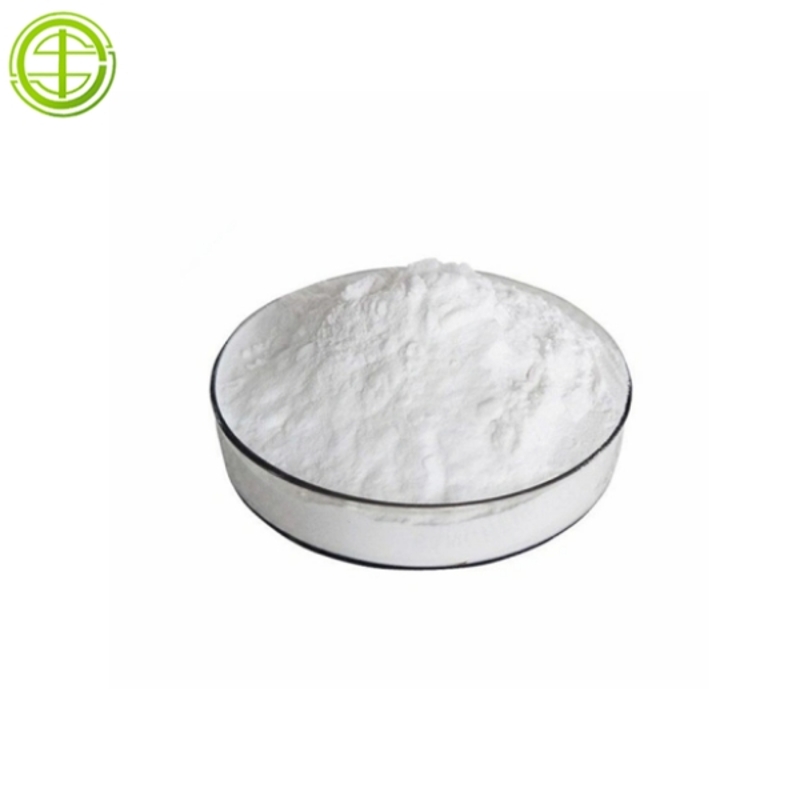New breakthroughs in iPS cell research allow the cultivation of three mini-organs at the same time
-
Last Update: 2021-03-01
-
Source: Internet
-
Author: User
Search more information of high quality chemicals, good prices and reliable suppliers, visit
www.echemi.com
, Sept. 28 (Xinhua) -- So far, specific cells and organs have been bred separately using induced pleuripotent stem cells (iPS cells). Researchers at Tokyo Medical and Dental University in Japan have teamed up with their U.S. counterparts to grow three mini-organs of the liver, bile tub and pancreas using human iPS cells at the same time.
have been published online in the British journal Nature. According to the researchers, the liver, bile tulle and pancreas are connected in the human body and are formed by differentiation in the boundary areas of the front and middle intestines that form about 8 weeks after fertilization. Their study looked at the interactions between the front, middle and peripheral cells in the early stages of the development of these organs.
researchers first used human iPS cells to induce differentiation of the front and middle intestines, and then linked them together, and then differentiated the liver, bile tube and pancreas pregenuity cells in the boundary areas of the fore intestine and middle intestine, resulting in the development of three mini-version organs about 0.5 mm in size.
researchers say that previously, iPS cells were used to grow specific cells and organs that were grown separately and could not reproduce associations with multiple adjacent organs, so specific organs that were bred may not be fully functional or have defects such as a lack of persistence. This time, they successfully developed multi-organ system regeneration technology, as an effective way to analyze the formation and development of complex organs in the human body, will contribute to the development of human biology research, but also will help to develop more efficient regenerative medical technology.
This article is an English version of an article which is originally in the Chinese language on echemi.com and is provided for information purposes only.
This website makes no representation or warranty of any kind, either expressed or implied, as to the accuracy, completeness ownership or reliability of
the article or any translations thereof. If you have any concerns or complaints relating to the article, please send an email, providing a detailed
description of the concern or complaint, to
service@echemi.com. A staff member will contact you within 5 working days. Once verified, infringing content
will be removed immediately.







